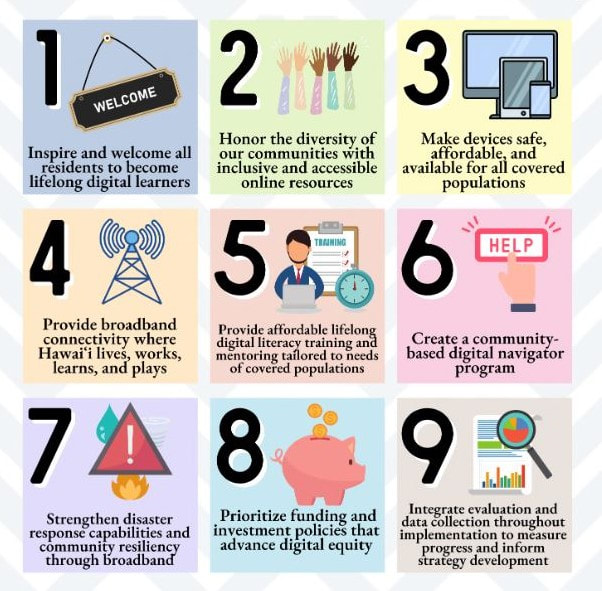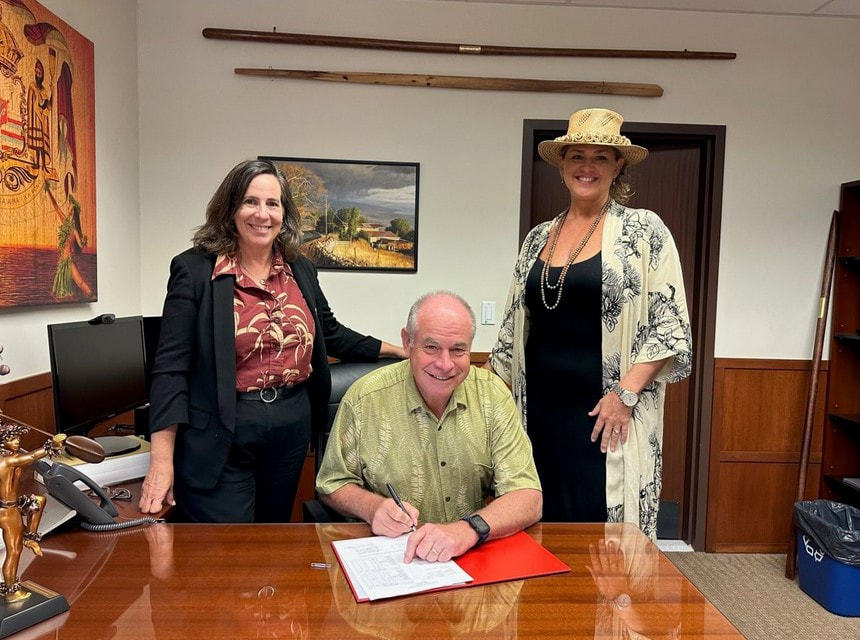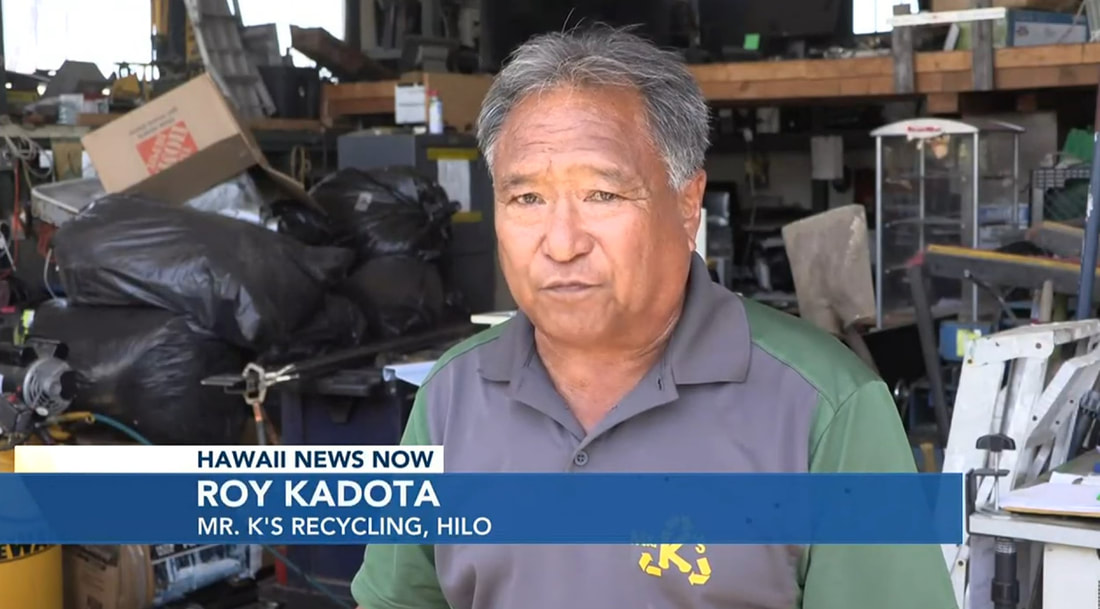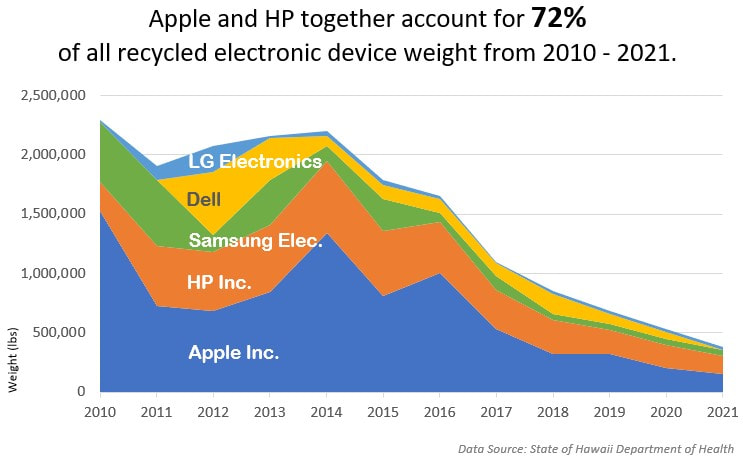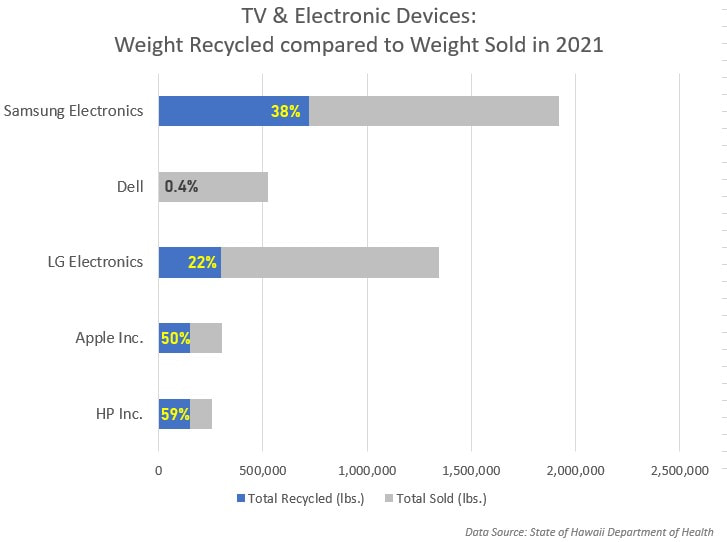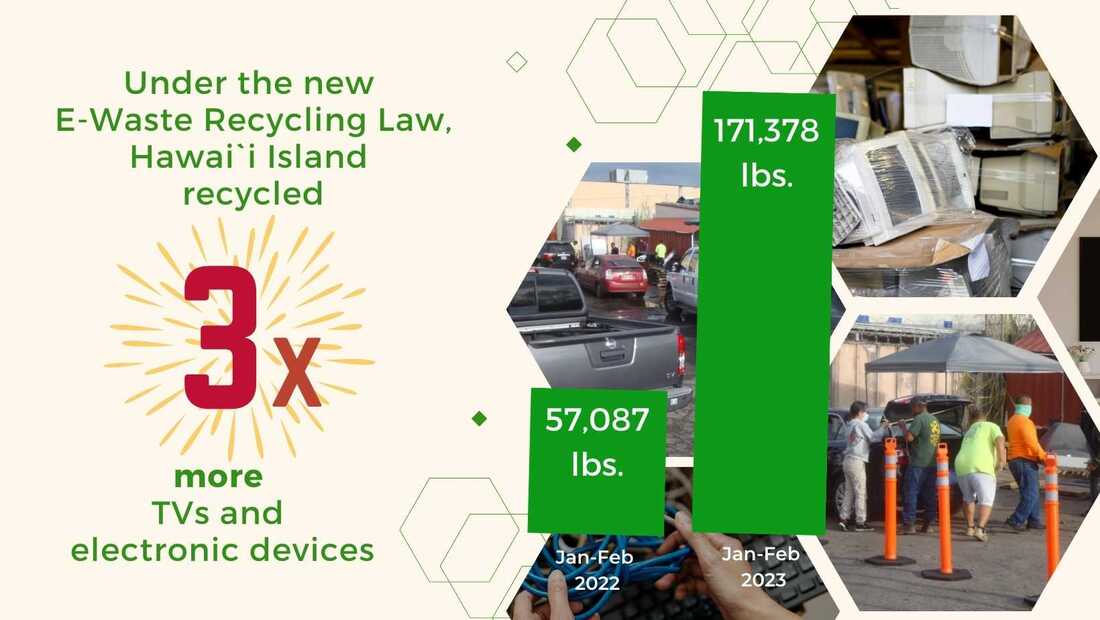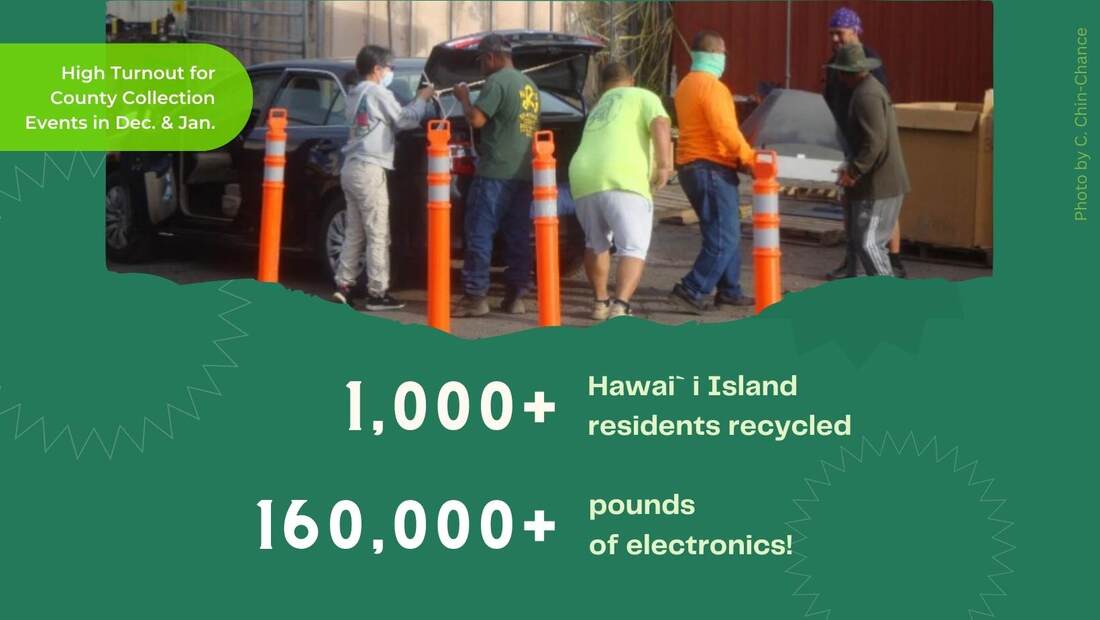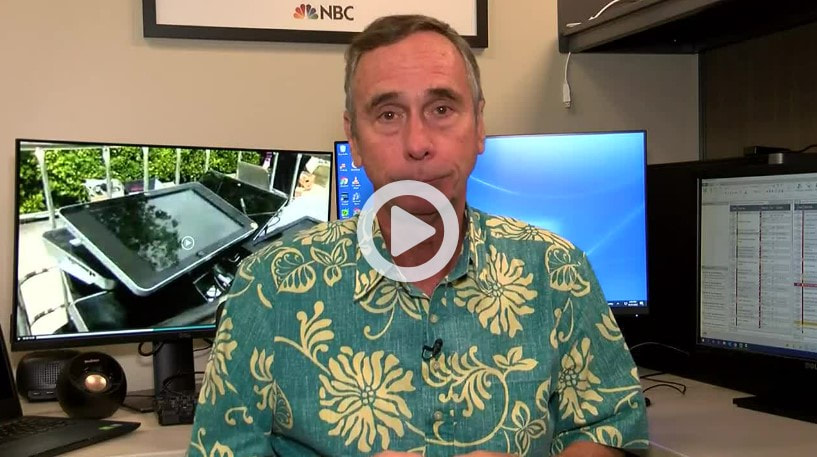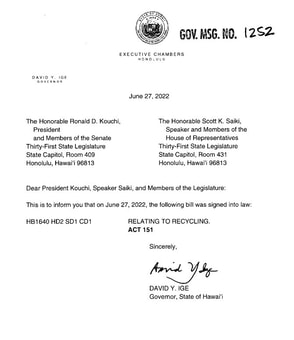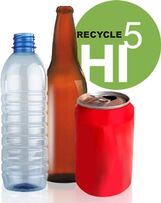|
(Graphic from p. 12 of the Hawai`i Digital Equity Plan) From the Hawai`i Broadband and Digital Equity Office:
With the draft of the Hawai`i Digital Equity Plan now complete, Hawai`i residents are invited to provide their mana`o (thoughts) on the plan and recommendations during a 30-day Public Comment Period, which runs from Oct 2 - 31, 2023. You can share your thoughts through this brief online form. "Digital equity" means that all Hawai`i's residents, keiki to kūpuna, have the information technology capacity -- devices, high-speed internet access, digital skills and technical support -- needed to participate fully in our society, democracy and economy, including civics, social and cultural activities, employment, lifelong learning, and access to essential services. The Digital Equity Plan was created to provide a roadmap for achieving digital equity for the nine "covered populations" which are:
How does this relate to Mr. K's? One way is ensuring that electronic devices and other equipment can be responsibly and accessibly disposed of, including through reuse and recycling. This can be done through Strategy 8, which prioritizes funding and investment policies such as recent e-waste legislation (Act 151), which provides Hawai`i with e-waste recycling at no cost.
2 Comments
One more reason we're lucky we live Big Island! A new Office of Sustainability, Climate, Equity and Resilience will play a "pivotal role in shaping and implementing the county's response" to challenges posed by a changing environment.
Mayor Mitch Roth (above) signed Bill 48, creating the office on July 26th, flanked by County Council Members Heather Kimball (chair) and Rebecca Villegas, who championed the bill. (Photo courtesy of Hawai`i County) Read More Hawaii's new system for collecting old computer equipment and televisions is moving into high gear. Video is 3 minutes. By Daryl Huff, Hawaii News Now.
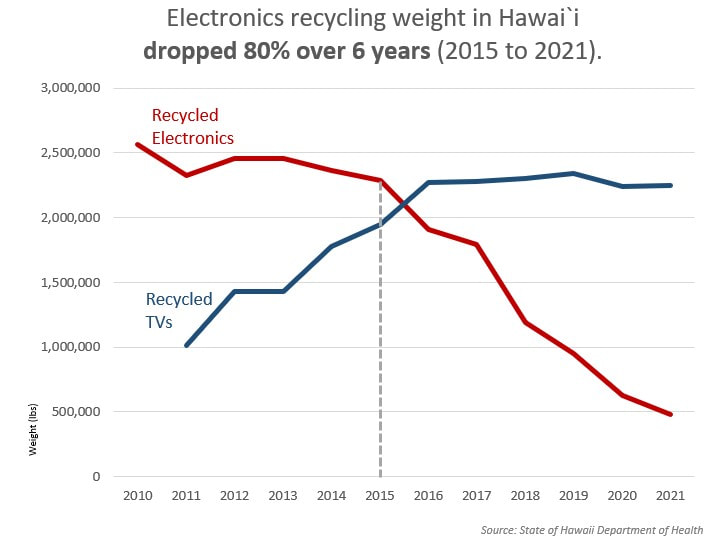
Figure 1.
With the passage of Act 151 in 2022, manufacturers of eligible electronic devices would be responsible for covering the cost of recycling of all device owners. This expanded the previous e-waste recycling law, which only covered manufacturers of TVs. The law also set recycling targets, incentives in the form of financial penalties for not meeting those targets, and convenience requirements for Neighbor Islands. The convenience requirements for Hawai`i Island create in-person e-waste collections in Hilo and Kona at least once a month.
In the 2023 legislative session, Senate and House bills sought to weaken Act 151, arguing that there is not enough recycling weight to meet the targets, and recycling costs would be too high. Data from the State of Hawaii Department of Health (DOH), which oversees e-waste recycling, shows that prior to Act 151, the volume of recycled electronic devices plummeted. Recycled TVs, on the other hand, steadily rose and held steady. This blog highlights some insights from DOH data.
Figure 2.
Over the 11-year period from 2010 - 2021, the top 5 manufacturers ranked by the weight of recycled electronic devices reported to the DOH were Apple, HP, Samsung Electronics, Dell and LG Electronics. Apple and HP account for 72% of the total weight recycled during that time period (figure 2, above). The other 3 manufacturers steadily shrink to a fraction of what Apple and HP are recycling. Is this because Apple and HP are selling more products by weight in Hawai`i?
Figure 3.
DOH data for 2021 does not suggest a correlation between (a) the total of TVs and electronic devices sold by weight and (b) the total recycled by weight. (Covered electronic devices are combined with TVs because the weight sold data is aggregated by DOH.) Samsung and LG recycle more by weight when TVs are included, but Apple and HP still recycle more as a percentage of weight sold. The data suggests then, that even with devices generally getting lighter, there is a significant amount of weight sold in Hawai`i that could be recycled.
In testimony for HB 1640 HD2 (Act 151) in March 2021, DOH pointed out the difference in total recycling between Dell and Apple. "Both Apple and Dell collect the same electronic devices," DOH wrote, "but Apple has set higher recycling targets than Dell for Hawaii." Further, DOH added that, under the current law (prior to Act 151), "manufacturers have no incentive to increase the amount of electronic devices they recycle in Hawaii." Lacking manufacturer incentives, electronic device recycling in Hawai`i has plummeted (figure 1). Hawai`i County has also struggled to sufficiently fund its free collection program. Against this backdrop, the new e-waste recycling law, Act 151, started on January 1, 2023, and has already seen great success in its first two months here.
As this year's Earth Day approaches on Saturday, April 22nd, we're reminded that our everyday acts of redeeming our HI5 beverage containers or recycling our scrap metals are part of a global "one billion acts of green."
This year's Earth Day theme, "Invest in Our Planet," communicates the importance of dedicating our time, resources and energy to solving environmental issues and the best way to pave a path towards a healthy, happy and wealthy communities worldwide. Looking for ways to add your efforts to the "billion acts of green" this April 22nd? Here are a few ideas:
We can express our mālama ka ʻāina, caring for our land, by responsibly disposing of things we can no longer use. Yet cost and inconvenience can pose barriers to many.
Last year, Hawai`i passed Act 151, which enables recycling of eligible electronic devices at no cost to all owners, whether residents, schools, non-profits, government agencies or businesses. Funded by the manufacturers of electronic devices, the program sets recycling targets and incentives for manufacturers, and ensures Neighbor Islands like Hawai`i Island have convenient options. The program started on January 1st of this year, and already the first two months saw an increase of three times the weight collected during the same time last year, up to 171,378 pounds, compared to only 57,087 last year. Removing the barrier of cost burst open some storage rooms. One agency has already brought in over 20,000 pounds of e-waste, which they had been holding onto for over 10 years. Act 151 has already saved them over $11,000. Evan Takita of the IT Department recalls a large cathode-ray TV in a solid wood console that was unloaded from the back of a truck by two young men. "It must have weighed at least a hundred pounds," Evan noted. One of the men said it was his grandmother's, and that they'd finally gotten around to hauling it in because of the free recycling program. "They couldn't believe they didn't have to pay," said Evan. "A lot of people are thankful." The County of Hawai`i's Recycling Section held its Electronics Recycling Collection Events in Hilo and Kona in December and January, during which the public once again came out in droves to properly dispose of their unwanted TVs, monitors, computers, and printers. Sponsored by the County and State Department of Health, these events served over a thousand customers and collected more than 160,000 pounds of electronics for certified recycling on the mainland.
A new state law, Act 151 (2022), requires manufacturers of TVs, monitors, computers and printers to provide at least monthly collections of these electronics in Hilo and Kona, at no cost to device owners, starting January 2023. Mr. K's Recycle and Redemption Center, Inc., is a registered collector for Hawai`i Island. "This Extended Producer Responsibility (EPR) law gives residents and businesses a convenient opportunity to clean out their homes and offices of electronics, and the knowledge that it is being recycled safely and properly to protect the `aina and our drinking water," said Craig Kawaguchi, Recycling Coordinator for the County of Hawai`i. Read the full Hawai`i County press release here. [News] Hawaii is about to launch one of the nation's most ambitious tech waste recycling programs10/31/2022
by Daryl Huff
HONOLULU (HawaiiNewsNow) - Hawaii is implementing one of the most ambitious electronic waste recycling plans in the country, but some Hawaii retailers are afraid it will mean higher prices and less selection.Ironically, Hawaii has no ability to recycle electronic devices. Instead, the material has to be collected and shipped to processing centers elsewhere. The goal of the new law is to have manufacturers collect and ship out more and more of the used-up products. ... State Rep. Nicole Lowen, chair of the Energy and Environmental Protection Committee, was among the lead advocates for the law. She said putting the full responsibility on the manufacturers will incentivize them to pay more attention to the waste their industry is generating. “We are pushing them to rethink the design packaging, distribution systems of their products and create more efficiency, for the reuse and recycling of those products or the materials that they contain,” Lowen said. The original version of the act, in effect from 2010, set recycling targets only for televisions and provided limited funding for electronic device recycling targets for manufacturers.
This revision provides updates and improvements that benefit Hawai`i Island, including: Establishing recycling (and reuse) goals for manufacturers of electronic devices, based on their sales from two years' prior; Requiring manufacturers to fully fund their recycling plans; Strengthens convenient collection at no cost to device owners, including monthly collection in Kona and Hilo. Read the full text of Act 151. For more information on the County's restructured free residential electronic waste collection program, visit the County's website. Note: Mr. K's electronic waste recycling program continues as usual, for residents as well as for businesses, schools, nonprofit organizations, and government agencies. Hilo, Kealakehe and Waimea transfer stations will no longer offer HI-5 redemption centers after June 29 (Hilo & Kealakehe) or June 25 (Waimea). The County's press release noted the services were ending because there are other redemption centers within a short distance of these sites.
HI-5 redemption services at Mr. K's and other sites, such as Atlas and Business Services, continue unaffected. Read more at Hawaii Tribune-Herald or Big Island Now. |
Archives
October 2023
Categories
All
|

